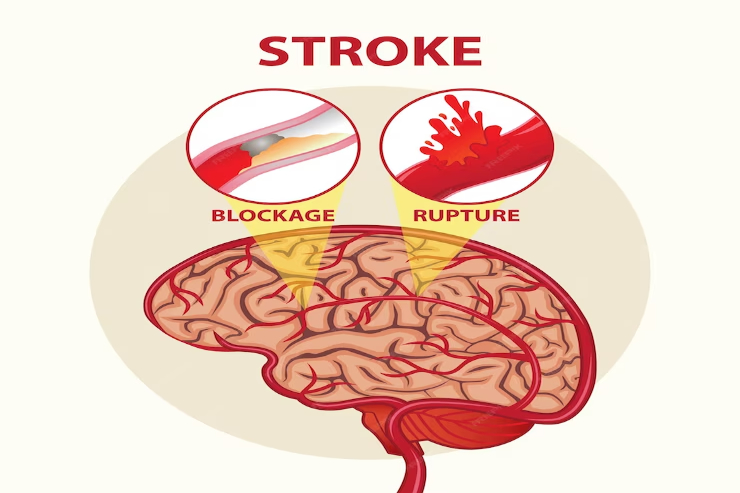
A stroke is a medical emergency that occurs when the blood supply to part of the brain is interrupted or reduced, depriving brain tissue of oxygen and nutrients. Within minutes, brain cells begin to die, leading to potential long-term disability or death. Effective stroke management is crucial to minimize brain damage and improve the chances of recovery.
Understanding Stroke
There are two main types of strokes:
Symptoms of Stroke:
Stroke Management: A Time-Sensitive Approach
Effective stroke management begins with rapid recognition of symptoms and immediate medical intervention. The faster a stroke is treated, the better the chances of reducing brain damage and improving recovery outcomes.
Emergency Response and Initial Treatment
Acute Stroke Treatment
Post-Stroke Care and Rehabilitation
Why Choose Expert Stroke Management?
Dr. Sameep Koshti and his team provide comprehensive stroke management, from the critical moments of emergency treatment to long-term rehabilitation. With advanced technology and a multidisciplinary approach, they ensure each patient receives personalized care to maximize recovery and reduce the risk of future strokes.
Act Fast, Get Help
Stroke management is all about speed and precision. If you or someone you know experiences the signs of a stroke, don’t hesitate—seek emergency medical attention immediately. With timely intervention and expert care, recovery from a stroke is possible, and quality of life can be significantly improved. Trust Dr. Sameep Koshti for expert stroke care and ongoing support in your journey to recovery.